|
Recently, I responded to a series of colleague’s tweets regarding the way an intern was treated. https://twitter.com/CadenceDO/status/823300940895842311 The intern was part of a team that cared for a young adult in the ICU, and they had to withdraw life support. (I know nothing of the situation, but withdrawing life support generally occurs when brain activity is not present.) So, one of the most gut-wrenching events to experience not only for the family members, of course, but also for the medical personnel caring for the patient. The tweet story went on to explain that once care had finished, the intern asked to step away for a few moments in private and collect himself. (Or herself. Interesting side question: would this story play differently if the intern were male or female?) The intern was then given a negative evaluation comment by the attending physician because the intern displayed emotions. Because there are times when when I get drained and need to recover, this story generated a ton of thoughts and concerns. #1) Are there instructors out there teaching our medical students/residents to “not feel”? Let me be clear: if medical professionals lose their humanity, then health care is no better than being treated by a robot. Quite frankly, I don’t want to be treated by people who have zero emotional response if I live or die. And also, I don’t want to BE a treating physician who has no emotional response to my patients’ situations. #2) Let’s talk burnout. There is a direct correlation with suppressing emotional distress/stress and the development of burnout. There are papers upon papers written on this subject. People have developed freakin’ CURRICULUM about how to “talk through” these stressful times with peers, family, or counselors. Training a doctor to suppress the very thing that makes them human? Cruel. Destructive. #3) Have I broken down in front of patients? Yes. A little bit. I’ve teared up, choked up, and got the tight chest before. It’s happened when someone is telling me something awful. It’s happened when I’ve had to tell a patient something horrible. And you bet I’ve stepped away to collect myself. I’ve sat in a quiet room and sobbed for a few minutes. After work, I’ve needed to take a long drive to clear my head. There are key people I talk to, when things build up inside. #4) But doctors have to stay professional, right? Yes. That is a true statement. It’s a fine line. But basically, if I go to pieces, then no, I’m not able to care for my patients. So yes, there must be a degree of separation. A degree. Not total separation. Is it hard? You bet it is. Necessary? Yes. Does that mean I don’t feel as deeply? No way. What this intern did to manage his emotional response to a painful situation was completely appropriate. The attending physician completely missed the opportunity to teach, nurture, guide, and build upon this event. 180 degrees missed the point. So badly missed that I’m confident that it hurt the intern and anyone else who is subject to this type of training. I have years of trying to learn how to manage the emotions on the job. With that having been said, situations always come up where that response occurs and we need to manage it. Let me share my example. I was on call recently. The ER doctor called me. A mid-career colleague’s wife had unexpectedly died and they were in the ER. So I went to the hospital. Not for a patient, but to support my colleague. (He recently moved here, and has no family in this area.) Another colleague joined us, and there we all three sat, in the family room. Three physicians. One in misery, and two hurting in empathy. We chatted. He cried. The other supporting colleague and I teared up. After several long hours, I had to leave him to continue my call duties. Numb. (Nothing compared to my colleague who lost his wife.) But I still needed to function and help people. The next day, after two intense hospice discussions with patients and families, I was drained. Then, that evening, I saw the name of one of my Ob patients pop up on the hospital list. I dropped by the ER. My patient was having a miscarriage. I had a choice to make: let the ER doctor tell her or I can go talk with my patient. The right answer was obvious. I waded through the thick emotions in her patient room and broke the very bad news to the patient and her husband. They cried. I teared up, but tried to stay present and available to help, either by answering questions or empathizing. So at the end of a series of those days, you bet I’m drained. If I couldn’t step away when needed? I’d be useless for all of the other duties during that time. And I’d burn out. To a crisp. But if I didn’t feel pain along with my colleague and patient? Then I’d be useless as a physician. I’ve been lucky that along the way, a few attending physicians and colleagues have taught me how to step away and how to balance emotions and duties. This intern? His attending physician taught the exact wrong lesson. The attending taught what NOT to do. Hopefully someone will mitigate the damage done. Because learning to suppress humanity will fry the average physician and any healthcare professional to an emotional crisp within a few short years. If we are going to succeed as professionals and as humans, we have to help ourselves so we can help others. Leave a Reply. |
Jillian DavidAuthor, daydreamer, and practitioner of trying very hard to duct tape folks together and help when I can. Archives
May 2024
March 2024
October 2023
July 2023
June 2023
April 2023
December 2022
September 2022
August 2022
June 2022
May 2022
February 2022
January 2021
November 2020
August 2020
July 2020
May 2020
January 2020
November 2019
September 2019
August 2019
July 2019
March 2019
November 2018
October 2018
September 2018
July 2018
June 2018
May 2018
April 2018
March 2018
January 2018
December 2017
November 2017
October 2017
September 2017
August 2017
July 2017
May 2017
April 2017
March 2017
February 2017
January 2017
December 2016
November 2016
October 2016
September 2016
August 2016
July 2016
June 2016
May 2016
April 2016
March 2016
February 2016
January 2016
December 2015
November 2015
October 2015
September 2015
August 2015
July 2015
June 2015
May 2015
April 2015
March 2015
February 2015
January 2015
December 2014
November 2014
October 2014
September 2014
August 2014
July 2014
June 2014
Categories
All
Adventures With Hubby
Airports
Author Interviews
Cats
Fastdrafting
Funny Medicine
Hell's Valley Series
Hell To Pay Series
Medicine
Potpourri
Star Trek
Top 10 Lists
Writing
Writing Vs Medicine
Yukon Valley Hospital
|
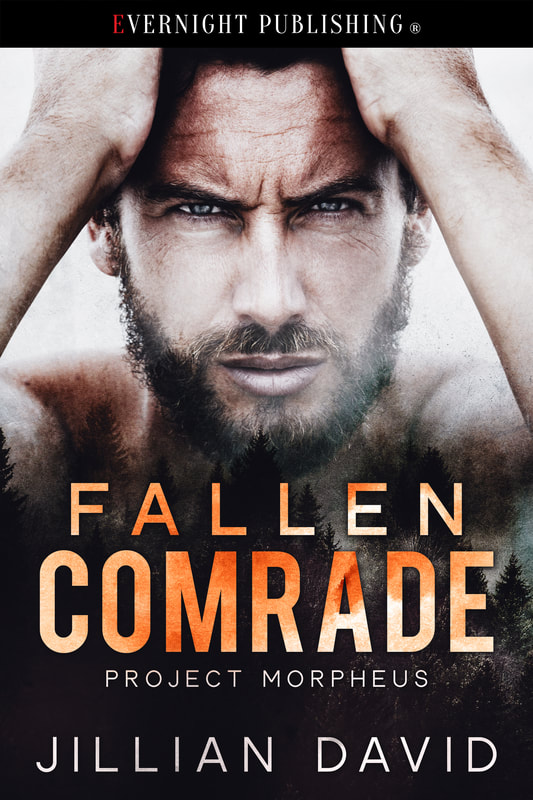
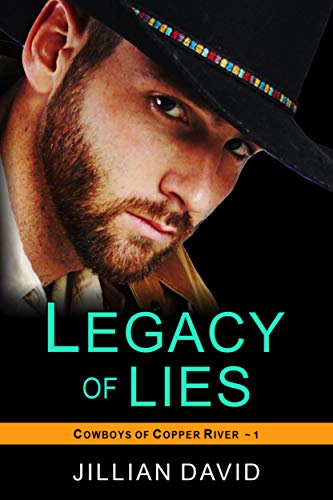







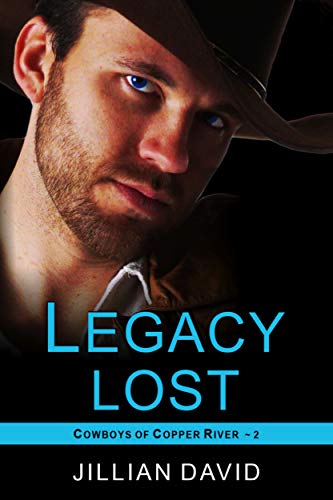
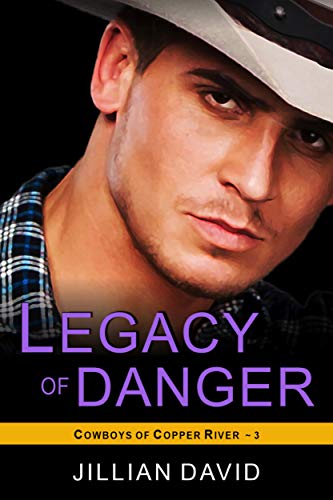
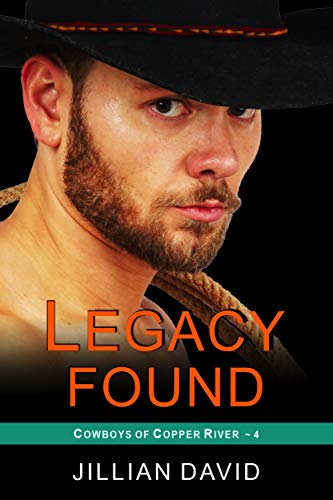



 RSS Feed
RSS Feed